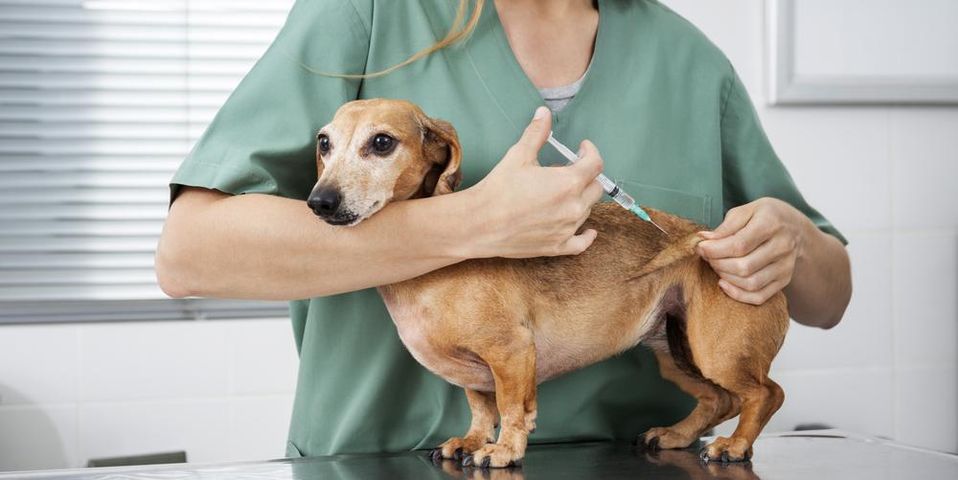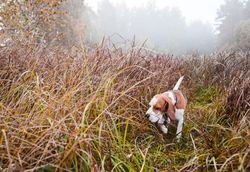
Even though rabies usually occurs in the wild, it can still put the lives of pets and humans in danger. Fortunately, vaccines can protect against the deadly virus. Providing both preventive and emergency pet care in Sauk County, WI, the Baraboo Valley Veterinary Clinic highlights a few facts to know about this disease and how the rabies shot can prevent it.
5 FAQ About Rabies
1. How Does the Rabies Virus Spread?
Any mammal can contract rabies—including dogs, cats, and livestock. The virus spreads through saliva, typically when an infected animal bites another and breaks the skin.
2. How Dangerous Is Rabies?
In nearly all cases of animal infection, rabies is fatal, but the progression can be slow. Rabies can cause a wide variety of health problems and behavioral changes in animals because it affects the brain and central nervous system.
Some infected creatures will become aggressive and bite or growl. Uncharacteristic aggression is usually accompanied by drool, foaming at the mouth, and lost equilibrium. Wildlife might appear unafraid of humans and approach them.
3. What Can Pet Owners Do to Prevent the Disease?
 In Wisconsin, dogs are legally required to receive the rabies vaccination. However, it is still critically recommended for cats, livestock, and other pets.
In Wisconsin, dogs are legally required to receive the rabies vaccination. However, it is still critically recommended for cats, livestock, and other pets.
In addition to vaccinating your pet, you should supervise them when they’re outdoors and limit their encounters with unfamiliar or wild animals. If possible, set up a fence around your property to discourage opossums, deer, coyotes, and raccoons from wandering into your yard. If an animal bites your pet, notify your vet immediately—they might recommend a booster shot to reduce the risk of a rabies infection.
4. How Often Should Animals Get the Rabies Shot?
The rabies shot should be provided at five months of age, followed by an initial one-year booster. Afterward, boosters may be provided every one or three years at the discretion of a veterinarian. These pet vaccines may cause temporary soreness after injection.
5. What if I Think I’ve Been Bitten by a Rabid Animal?
Rabies infections among people are rare and can be prevented by avoiding sick and rabid wildlife and reporting them to animal control. However, if you’ve been bitten, call your doctor immediately. They might recommend a vaccination and antibiotics and will probably monitor your condition.
From rabies shots to parvovirus immunizations, Baraboo Valley Veterinary Clinic has all the vaccines you need to protect your pet from serious illnesses. Focused on helping animals lead long, healthy lives, this Wisconsin veterinarian also does general pet health exams, dental care, and surgery. To learn more about their gentle and affordable services, visit their website. For appointments, call a friendly team member at (608) 355-2882.
About the Business
Have a question? Ask the experts!
Send your question

